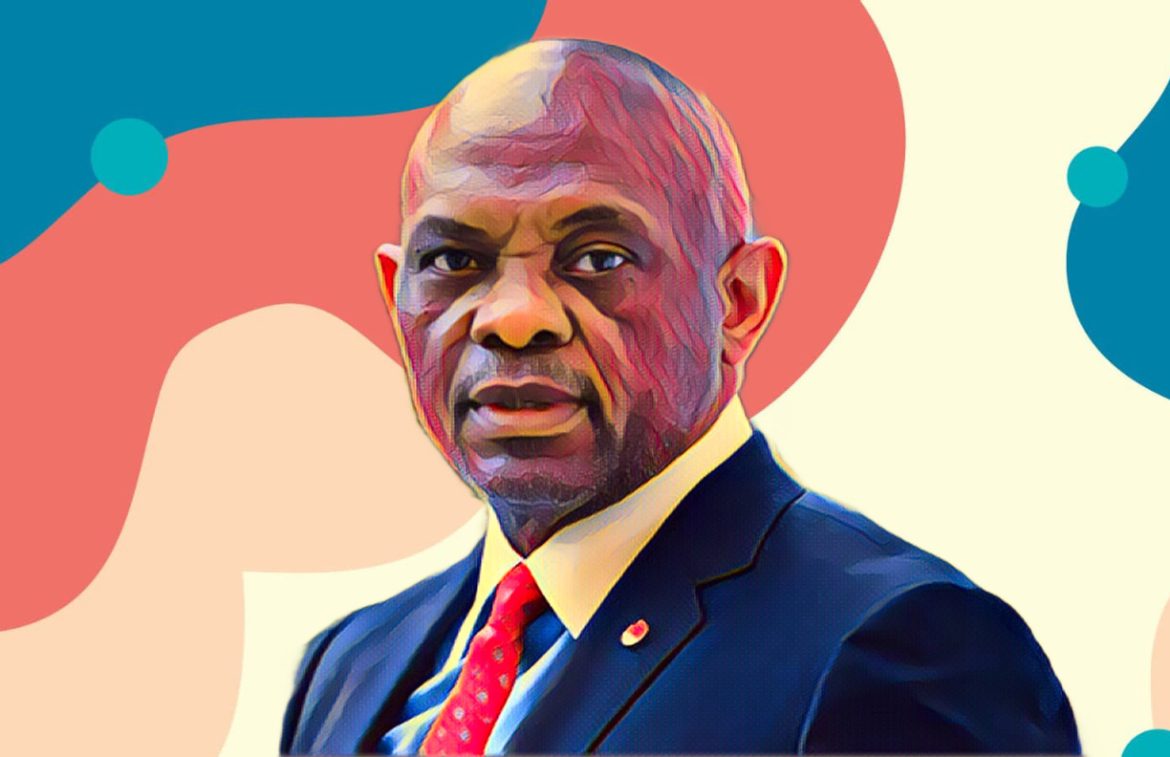Nigerian businessman and philanthropist Tony Elumelu has called on the government and security agencies to reveal those responsible for the ongoing crude oil theft that has plagued the nation’s economy. Speaking on the issue, Elumelu emphasized the importance of transparency and accountability, urging authorities to expose the individuals and groups involved in the illegal activities that have significantly contributed to Nigeria’s economic woes.
Elumelu, who is also the chairman of Heirs Holdings, expressed his concerns about the impact of crude oil theft on Nigeria’s revenue and the broader economy. He pointed out that the loss of oil revenue due to theft has deprived the country of much-needed funds that could have been used to improve infrastructure, education, and healthcare.
“Crude oil theft has been a persistent issue in Nigeria, and it is high time that the government and security agencies step up and tell Nigerians who the culprits are,” Elumelu stated. He highlighted that despite efforts to curb the practice, the theft continues unabated, suggesting that those involved are highly organized and possibly receiving protection from influential figures.
Elumelu’s remarks come amid increasing public frustration over the government’s perceived inability to tackle the issue effectively. Crude oil theft has been a longstanding problem in Nigeria, with estimates suggesting that the country loses billions of dollars annually due to illegal siphoning of oil from pipelines and other infrastructure.
The businessman’s call for accountability resonates with many Nigerians who have grown weary of the lack of progress in addressing the theft. For years, the government has announced various initiatives and deployed security personnel to protect oil facilities, yet the problem persists, raising questions about the effectiveness of these measures.
In his statement, Elumelu also questioned the role of security agencies, asking why they have not been able to apprehend and prosecute the masterminds behind the theft. He urged the government to take decisive action and ensure that those responsible are brought to justice, regardless of their status or connections.
“The Nigerian people deserve to know who is behind this economic sabotage,” Elumelu asserted. He argued that transparency in this matter is crucial not only for the sake of justice but also for restoring public confidence in the government’s ability to protect the nation’s resources.
Elumelu’s comments have sparked a wider debate about the effectiveness of Nigeria’s anti-corruption efforts and the need for a more comprehensive approach to tackling oil theft. Some analysts suggest that the problem is deeply rooted in the country’s political and economic system, where powerful individuals and groups have historically exploited state resources for personal gain.
The ongoing issue of crude oil theft has far-reaching consequences for Nigeria’s economy. As Africa’s largest oil producer, Nigeria relies heavily on oil exports for foreign exchange earnings and government revenue. The continued theft of crude oil not only depletes the nation’s wealth but also undermines its ability to attract foreign investment and maintain economic stability.
In light of these challenges, Elumelu called for greater collaboration between the government, security agencies, and the private sector to address the issue. He suggested that innovative technologies, such as drone surveillance and real-time monitoring of pipelines, could be employed to detect and prevent theft.
Elumelu’s call to action highlights the urgent need for a coordinated and transparent effort to combat crude oil theft in Nigeria. With the country facing numerous economic challenges, including inflation, unemployment, and a depreciating currency, the loss of oil revenue due to theft is a burden that Nigeria can ill afford.
As the government continues its efforts to revive the economy and improve the standard of living for its citizens, addressing the issue of crude oil theft must be a top priority. Elumelu’s demand for accountability serves as a reminder that the fight against corruption and economic sabotage requires not only political will but also the active involvement of all stakeholders in the Nigerian economy.
Source: Tribune Online


